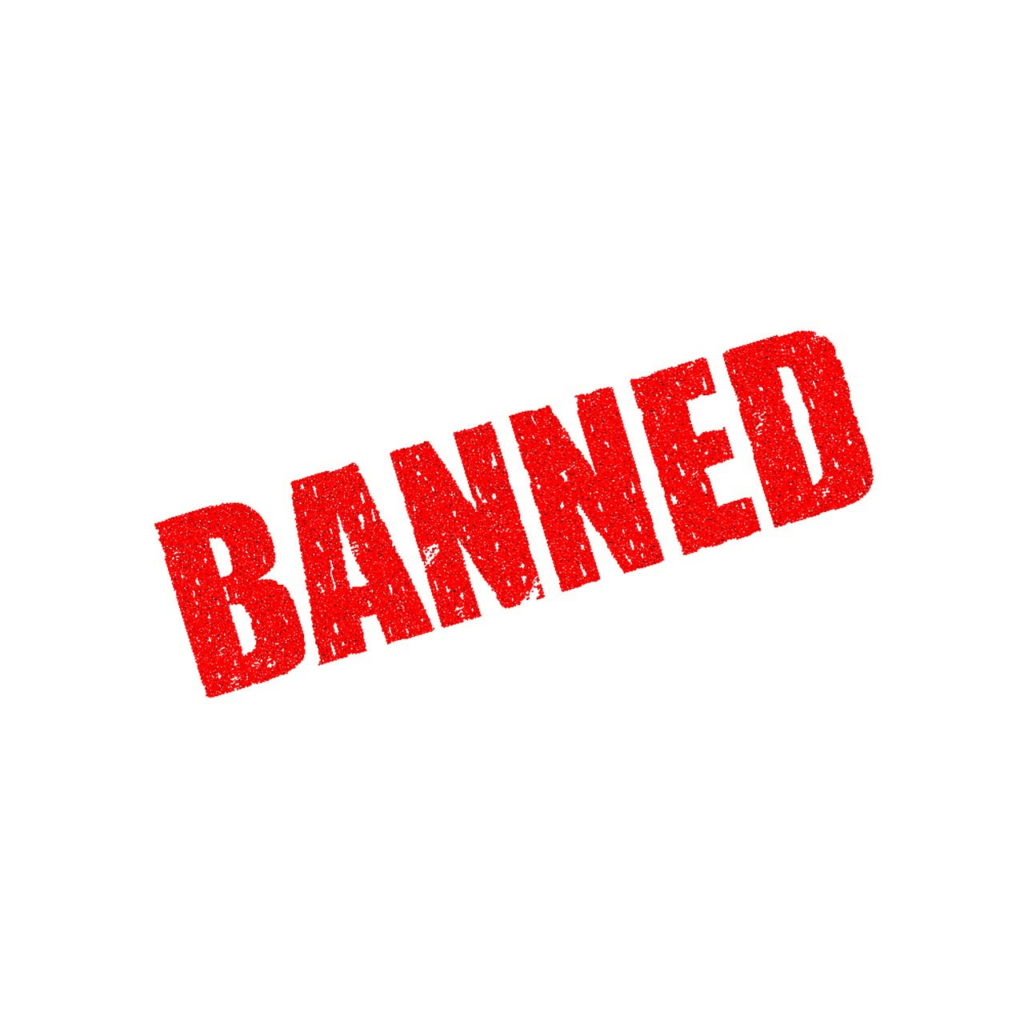MARIANA CRUZ
Special to The Leader

Growing up, a book I loved as a kid was Maurice Sendak’s “Where the Wild Things Are.”
I thought the monsters were cool and I liked the overall message. The book has stuck with me from childhood to adulthood.
I was in Reed Library when I saw a little display on one of the shelves. It was dedicated to books that were banned in some schools in the U.S.
Some of the banned books displayed that I had read before include “The Hunger Games,” “The Diary of Anne Frank” and “To Kill a Mockingbird.” These are all books that are banned in a good amount of states, and it didn’t shock me that they were banned.
But then I saw it: “Where the Wild Things Are.”
I don’t know if the people who banned that book read the same book that I did. I couldn’t for the life of me figure out why it would be banned.
I don’t see the banning of other books as justified either, but learning that my favorite childhood book, in particular, was banned further proved to me how ridiculous the concept of banning books is.
Twenty-nine states in America have taken it upon themselves to ban certain books from being taught in schools. Texas has banned the most, followed by Florida and Missouri. Currently, the Southern states lead the country in that list.
In 2023, the most challenged books were mainly about queer themes. Other books that were banned included themes of race and racial prejudice. Being too violent, sexually explicit or dark are further reasons given as to why some books have been banned.
Well-known books that are assigned reading in schools are banned, like “The Catcher in the Rye,” “Of Mice and Men” and “The Absolutely True Diary of a Part-Time Indian.”
I read these books and I can understand to an extent why certain administrators want to ban them. I don’t understand it in the sense that I agree they should be banned, but in the sense that, given the common political views in the South, I can definitely see a bunch of administrators from the South wanting to ban those books.
Now that I’ve been radicalized about this topic, I’m going to defend the book that changed my life and opened my eyes: “Where the Wild Things Are.” I went out of my way to reread that amazing book after I learned that it was banned.
It follows this little boy, Max, who gets sent to bed without dinner because he’s behaving badly and travels to this land with a bunch of monsters, the Wild Things, and hangs out with them. They crown him their king and they swing from trees and whatnot.
There is literally nothing that I could find wrong with the book.
But maybe that’s just my bias speaking, so I asked some of my friends if they remembered reading that book. Some of them told me that the monsters scared them, some of them said they had never heard of it and a few told me that they also loved it in their youth.
So what if some people find it scary? Surely that can’t be any grounds for banning it. When I was little, “The Lorax” kind of scared me and it’s not like that’s banned… right?
Okay, so, just because “The Lorax” is also banned doesn’t mean that books with scary things in them should be banned. If anything, that supports my argument. In what world does a book having a scary-looking character mean it should be banned in schools?
A quick Google search taught me that apparently “Where the Wild Things Are” is banned because Max was sent to bed without dinner, which could be “psychologically damaging.” The book had images of the supernatural and witchcraft.
Mind you, Max chased his dog around with a fork and caused all sorts of other mischief. The Wild Things that are so “damaging” were Max’s friends and they begged him not to leave them. As for the witchcraft, if you consider Max and the Wild Things having fun in the jungle as “witchcraft,” then I really don’t have a rebuttal for that.
I understand a lot of books deal with themes that aren’t suitable for younger kids, and I don’t think that kids in elementary school should be reading about the crazy stuff that went on in Holden Caufield’s life, but the premise of banning a book just because it includes topics such as gender, sexuality or race is extreme.
Banning books on this basis is restricting and it’ll probably do more harm than good in the long run. There are no good outcomes from limiting what children and adolescents can be taught in a school setting. There are no good outcomes from limiting to this large of an extent what teachers can show their students.
Do I think that books should be banned in schools? No.
Do I think that banning “Where the Wild Things Are” is a preposterous example of book banning? Yes.
Justice for Max, the Wild Things and Maurice Sendak.
